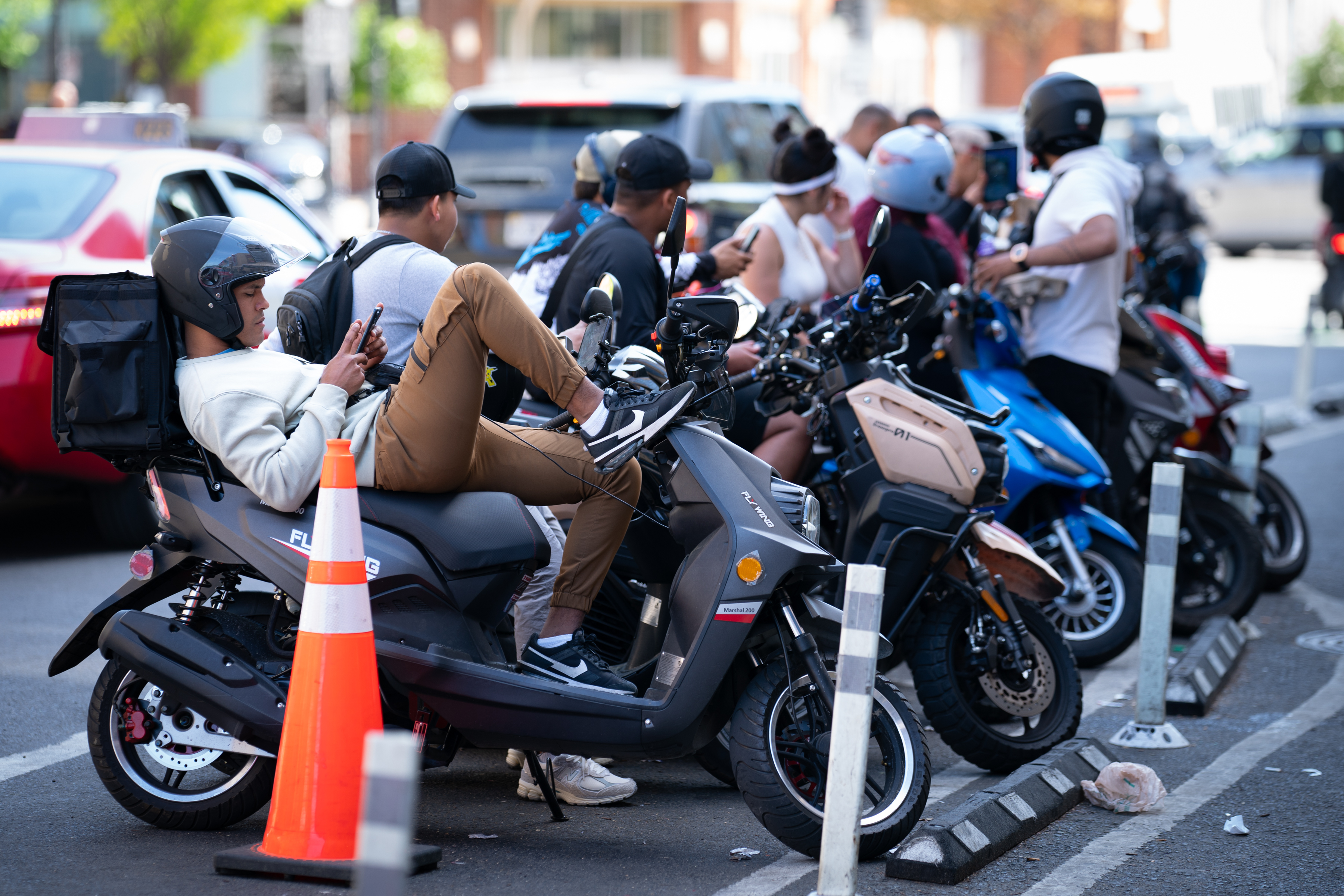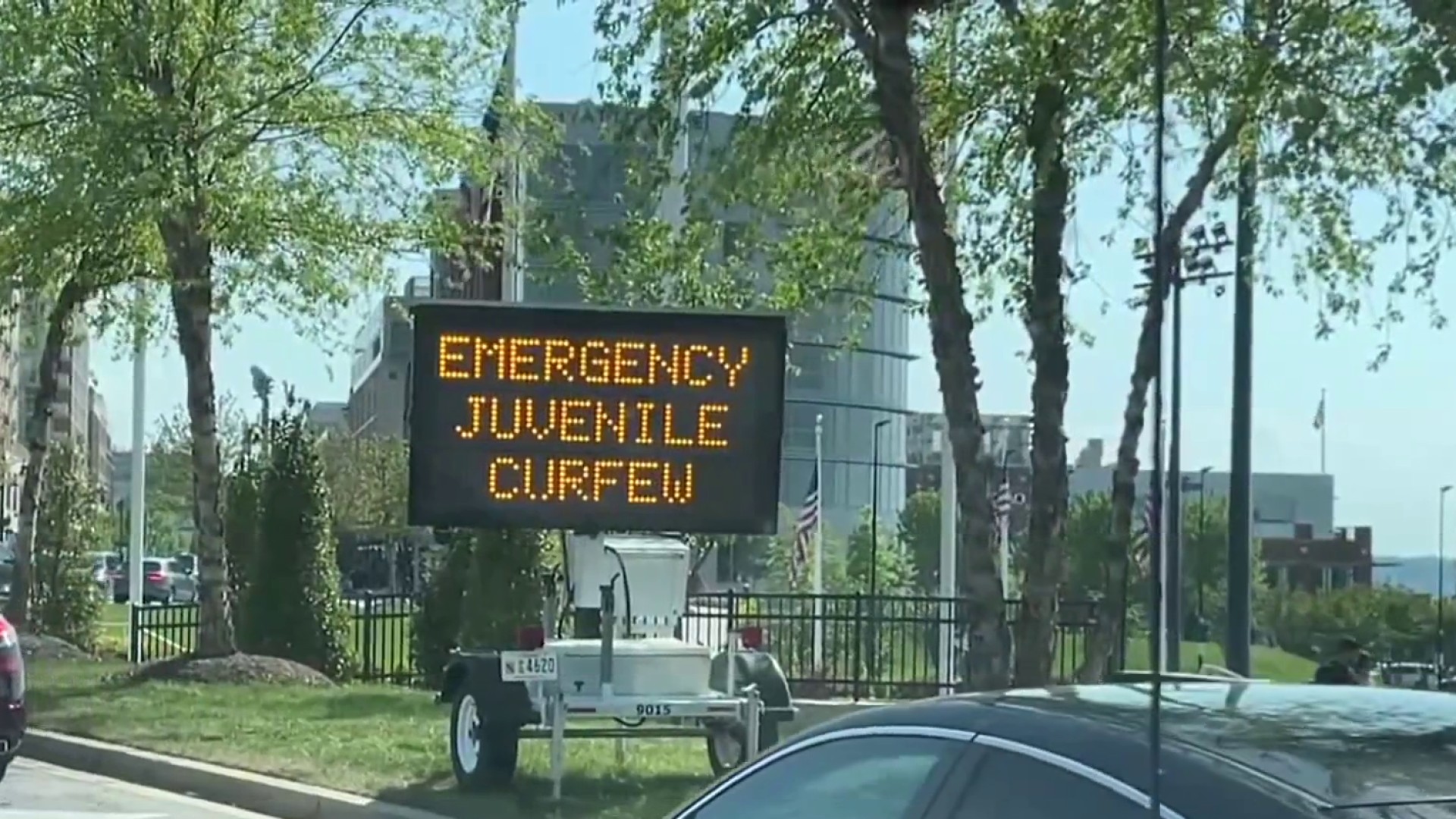Suru Ripai always smiles at the kids in Georgetown University's main dining hall, even though he has a reason to be at least a little sad.
He hasn't been home to his family in South Sudan in more than 45 years.
"I'll walk in, maybe not having the best day, and he'll just say something to brighten my day," said Precious King, a freshman at Georgetown.
"No matter what time of the day you find him, he always has a smile," said Elizabeth Nalunga, a sophomore.
The two are among a group of people who wanted Ripai to know that his smiles and kind words had helped them.
With the campus group Unsung Heroes, they raised more than $5,000 for Ripai to return to Sudan and see his family.
"To see how the south looks like after such a long time ... a long time," Ripai marveled, after the students surprised him with the gift Wednesday. "Can you imagine?"
Local
Washington, D.C., Maryland and Virginia local news, events and information
Senior Febin Bellamy started Unsung Heroes. The students who run it have recognized Georgetown food service workers and facility managers. They've recognized an employee who helped shovel sidewalks after last winter's historic snowstorm.
They've recognized Anthony "Tracey" Smith, a crossing guard on a busy Washington, D.C. street. The job has special meaning important to Smith, whose father was killed in a crosswalk.
"Every unsung hero has a story," Bellamy said. "We just have to take the time to listen and show a level of acknowledgment."
The Heroes are posted on the group's website, where people can read their stories and donate to thank them. Students are also encouraged to say thanks in person when they see the Heroes on campus.
Wednesday's recognition seemed to stun Ripai, who came to the U.S. in 1995 after traveling from Sudan to Liberia. He started at Georgetown in 1996, working as a bus boy at the Leavey Center on campus.
He was granted asylum as part of a resettlement program and has six children here in the United States. But the Georgetown students, who now have helped him revisit his homeland, are like his family, too.
"They're very important to me," Ripai said. "Very important to me."



